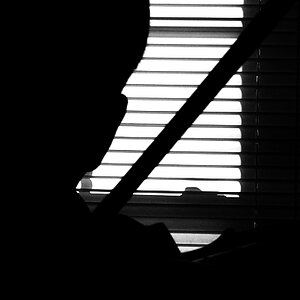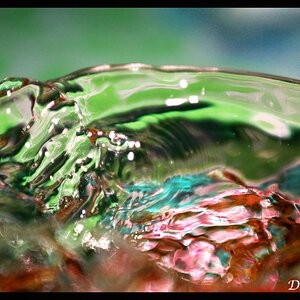pborgbarthet
TPF Noob!
- Joined
- Mar 24, 2007
- Messages
- 70
- Reaction score
- 0
- Location
- Malta, Europe
- Can others edit my Photos
- Photos OK to edit
Can someone tell me how I go about copyrighting my photos, or some of them so that they can not be copied or used by anyone without my permission.
Thanks.
Thanks.





![[No title]](/data/xfmg/thumbnail/42/42062-136a63ad7d0bd740e99ca1fc477f214c.jpg?1619739997)




![[No title]](/data/xfmg/thumbnail/31/31016-072880d9bc086c9fe71b9b1ae48603d4.jpg?1619734571)

![[No title]](/data/xfmg/thumbnail/42/42058-8597ac0f687fb4007aa3ca0210936f04.jpg?1619739994)

